Some three-and-a-half centuries after it was first established, the world-famous Royal Hospital is looking to undergo a far-reaching modernisation programme.
An ambitious strategy to modernise the Royal Hospital Chelsea has been devised to boost its ability to care for survivors of modern warfare. The Hospital, which was established in 1681 and is now home to 300 Chelsea Pensioners, is expecting an increase in applications from veterans who are coping with limb loss and mental health conditions. The Hospital’s far-reaching proposals include a wellbeing clinic that could be shared by Army veterans and local NHS patients, re-designing the accommodation so that it is suitable for limbless veterans, the provision of more psychological support, and even regional centres of the fabled institution.
Its Grade I and II listed buildings based in Chelsea, London are currently home to retired veterans who have en-suite rooms arranged in Long Wards alongside an infirmary, dementia wards and hospice care, but it is felt that they need revising for the advancing cohort of veterans.
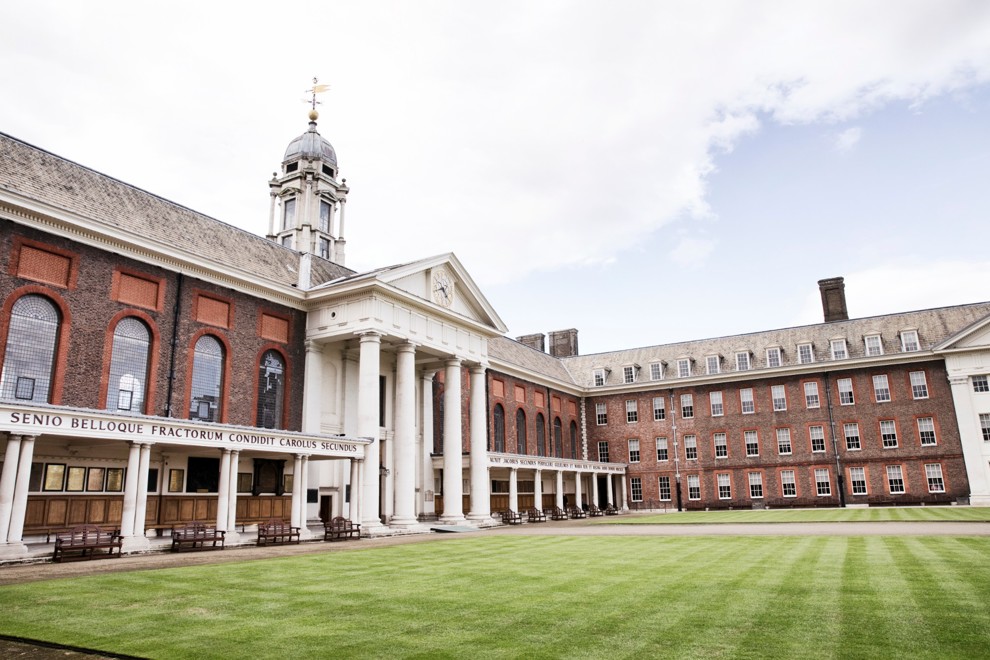
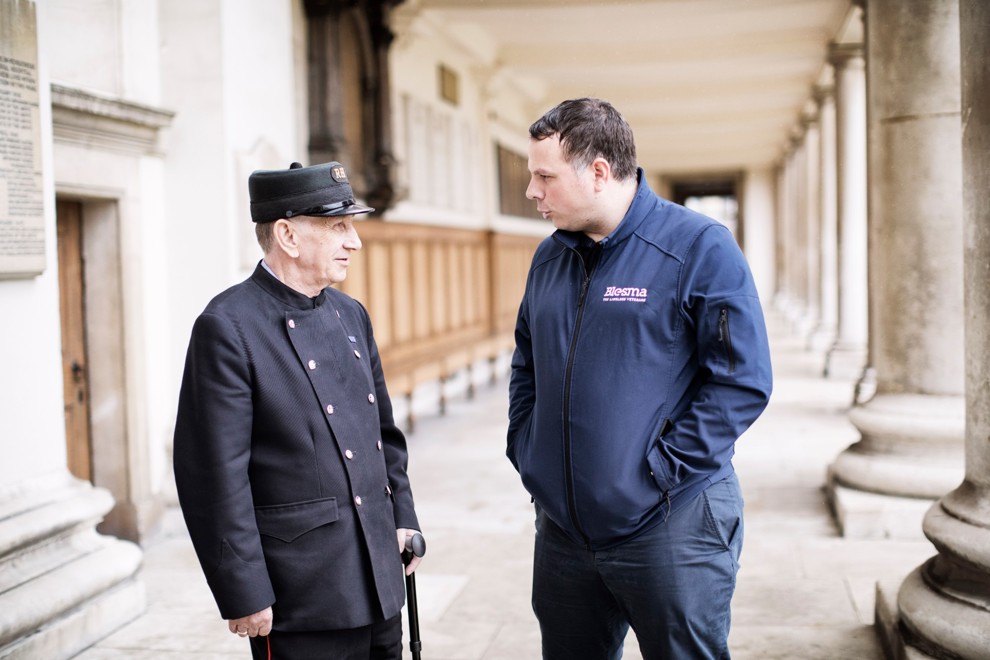
“The defining injuries and illnesses that came out of the conflicts in Iraq and Afghanistan were limb loss and mental health issues, and I feel the way the Hospital responds to those should change because, in several decades’ time, those folks will be coming here as pensioners,” said the Governor, General Sir Adrian Bradshaw, whose distinguished military career includes operational service in Northern Ireland, the Balkans, Iraq and Afghanistan.
"We want this place to be much better able to accommodate limbless veterans, so we intend to convert ward accommodation to their individual specification."
Gen Sir Adrian, who is also Chairman of Blesma’s Board of Trustees, took up his post at the Hospital a year ago with a mission to reach more veterans without compromising the Hospital’s unique heritage.
“My experience with Blesma, having talked at length to its staff and Members, is an important element in what we are doing here,” said Gen Sir Adrian. “As Chairman of Blesma, I was determined the Hospital would become better placed to help limbless veterans, and we are moving in that direction. We have to get the message out that people with severe injuries can live lives as normal as possible and enjoy a full life as a Chelsea Pensioner on the Long Wards. They would not be sequestered away from the swim of activities in any way.”
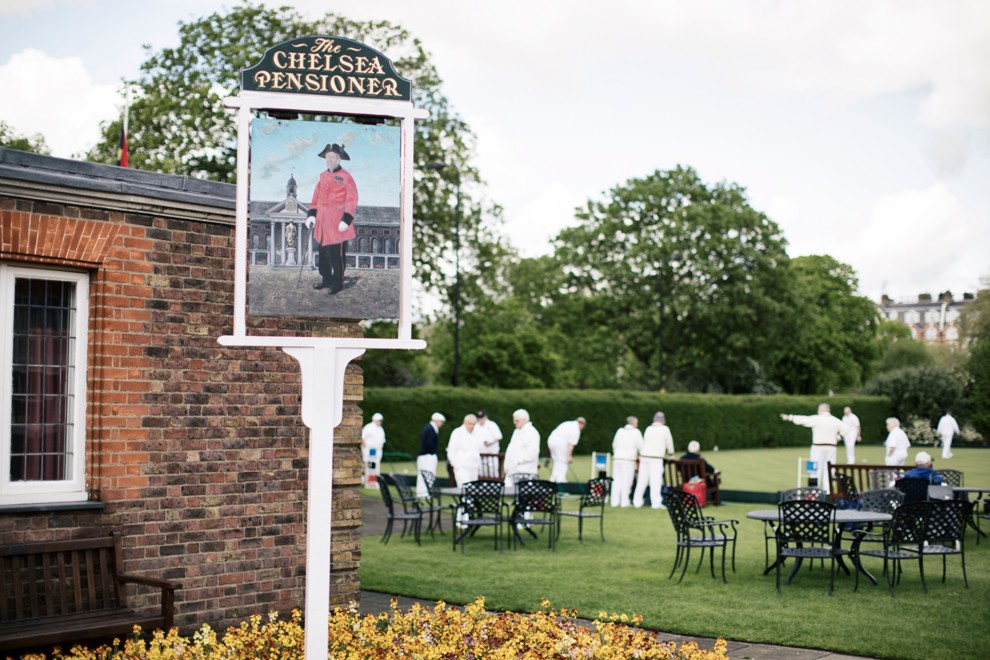
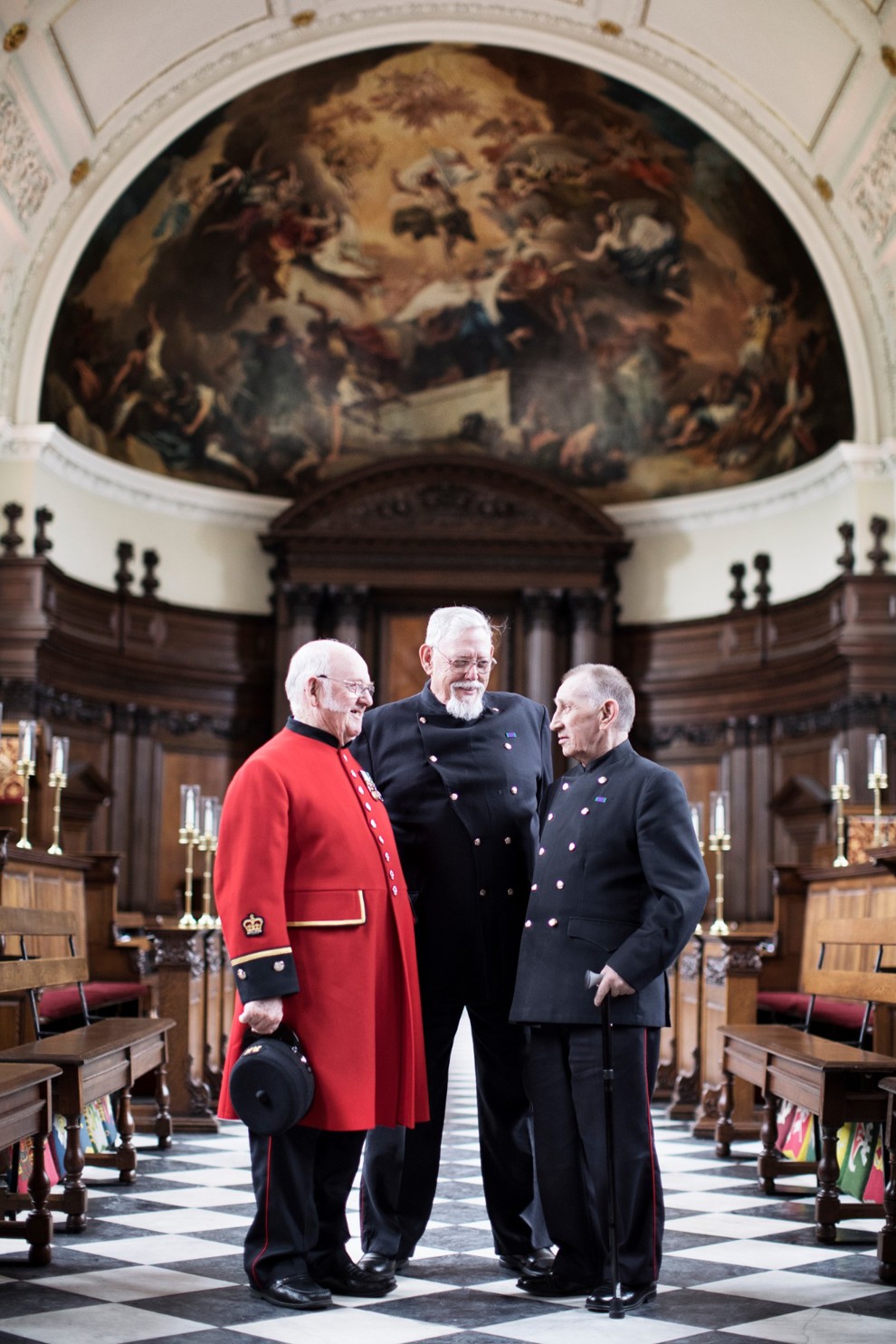
More than 1,550 soldiers lost limbs serving in Iraq and Afghanistan, whilst almost 120,000 Service personnel have been diagnosed with Post Traumatic Stress Disorder, according to Government figures.
Gen Sir Adrian added that the current rooms at the Hospital could be adapted to each applicant’s needs and that a warm welcome awaits, with several Blesma Members among the current Chelsea Pensioner cohort.
A six-year strategy
The Hospital’s six-year strategy includes converting the Grade I listed Soane Stable Block into a visitor centre – with a direct link into the neighbouring National Army Museum – to support visiting veterans with a range of health and wellbeing needs, including mental health issues. It has also commissioned research to determine how best to collaborate with existing mental health services and charities going forward.
“Our focus for veterans with mental health conditions will be through outreach, as well as running wellbeing activities and classes. We are also in discussion with the Royal Horticultural Society about potential therapeutic gardening programmes,” added Gen Sir Adrian. “We believe the shared experiences of soldiering can assist veterans. If you are struggling with a problem that has been caused by spending tough times in somewhere such as Helmand, it can be difficult to explain and get people to understand. But if you talk to someone here who was on the beaches at Normandy or who fought in Korea, they know something of what others have been through, and can offer support.
“In this old soldiers’ environment, just like in Blesma, there is no gratuitous sympathy. If you get injured, your mates are concerned for you but you might get a certain amount of ribbing. It is the normal soldier’s self-defence mechanism.” The Hospital has recently commissioned needs analysis research, as it would need to fundraise to create the new visitor centre and develop its outreach work.
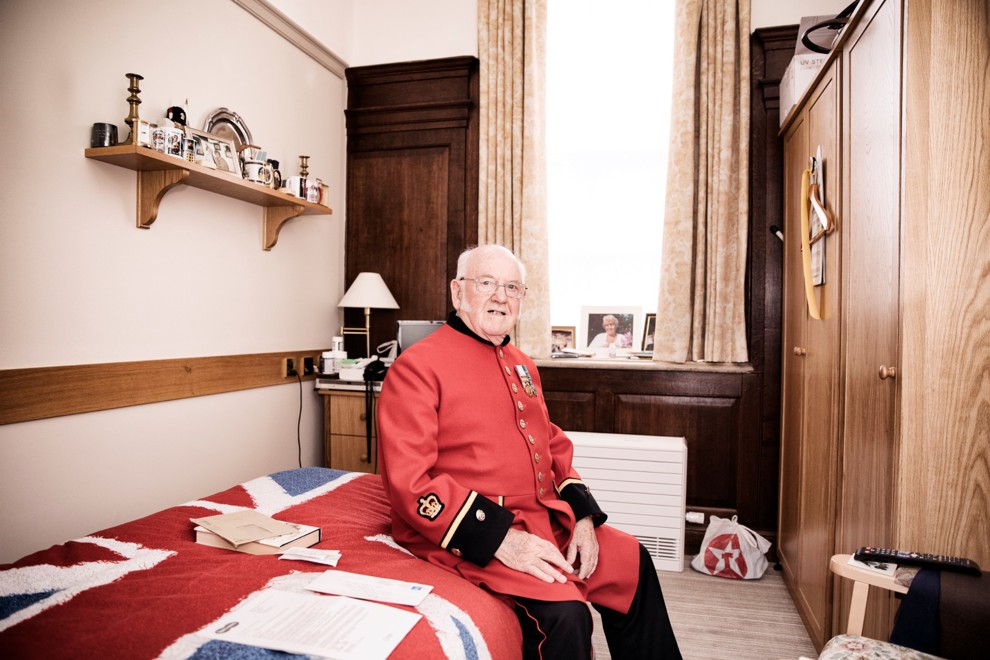
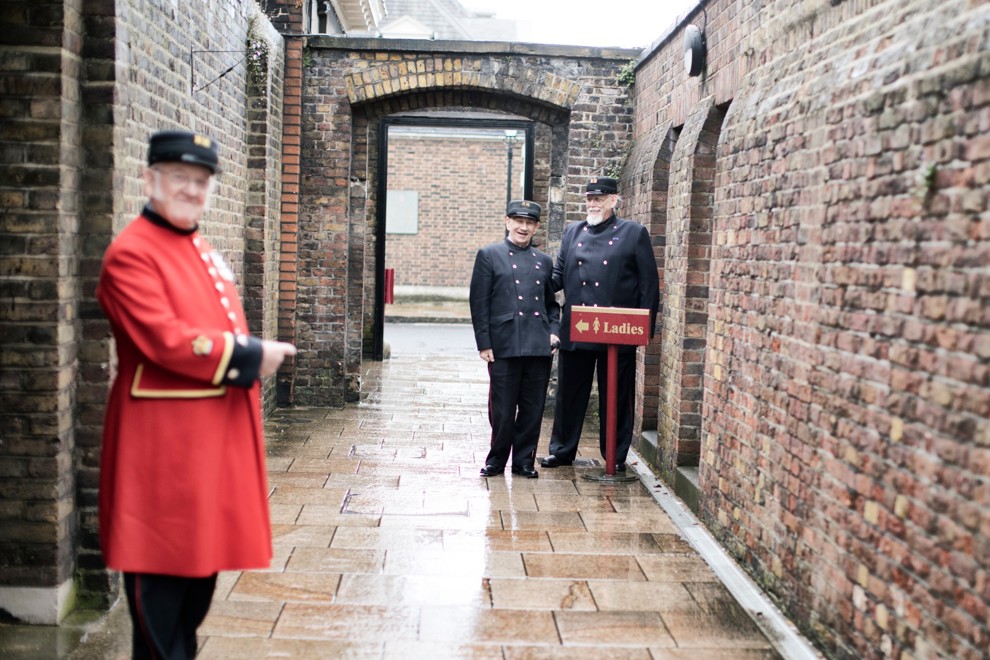
“We are not setting ourselves up in competition with other charities or established services, but are keen to know where we can make a difference,” said Gen Sir Adrian. “We do know that we can provide a unique environment with an outstanding track record of caring for veterans.
“This is a modern, forward-looking organisation but it is rooted in the ethos of the Army and it is important we keep that link. The deal is that pensioners get board and lodging, as well as excellent care facilities, for life and in return they represent the Army in their Scarlets, which they do in a charming and engaging manner with the public. It is a positive contract with the Army.”
Future plans could involve a unit for veterans to attend day sessions, or stay for periods of post-operative care, along with the potential to provide benefit to others with activities such as the creation of a walled garden, perhaps in collaboration with the Royal Horticultural Society, that could be managed and staffed by veterans and be open to the public.
“Our aim is to be here in 300 years’ time, continuing to deliver on King Charles II’s intent, enshrined in his Royal Warrant of 1681,” Gen Sir Adrian added. “We have modernised significantly in recent years but we need to keep pace with the times. We have outstanding facilities for the 300 Chelsea Pensioners who live here but there is more we can do in terms of outreach work and reaching a wider group of veterans.”
How do can you been seen in scarlet?
To become a Chelsea Pensioner, you must be a former noncommissioned officer or soldier of the British Army who is:
• Over 65 years or of State Pension age (whichever is the greater)
• Either in receipt of an Army Service Pension or War Disability Pension which you would be required to surrender upon entry to the Royal Hospital OR, if you do not receive an Army Pension, you would be required to make a weekly financial contribution (payable by Standing Order) towards your living costs. This contribution will be based on an assessment of affordability completed during the application process. Please note, if you are in receipt of an Army Service Pension and/or War Disability Pension you may also be required to make a top-up contribution (also based on an assessment of affordability)
• Free of any financial obligation to support a spouse or family
• To be able to live independently in the sheltered accommodation (Long Wards) – the Royal Hospital Chelsea is unable to accept direct entries to the nursing wards
• Also eligible for admission are any former officers of the British Army who meet the criteria, provided they served for at least 12 years in the ranks before obtaining a commission or if they were awarded a disablement pension while serving in the ranks. If you are interested in joining the Royal Hospital please speak to your Blesma Support Officer
Find out more
For more on the Royal Hospital Chelsea visit www.chelsea-pensioners.co.uk
We can help
We are dedicated to assisting serving and ex-Service men and women who have suffered life-changing limb loss or the use of a limb, an eye or sight. We support these men and women in their communities throughout the UK. Click the link below to find out the different kinds of support we offer.
Get Support
Leave a comment
Join fellow Members and supporters to exchange information, advice and tips. Before commenting please read our terms of use for commenting on articles.